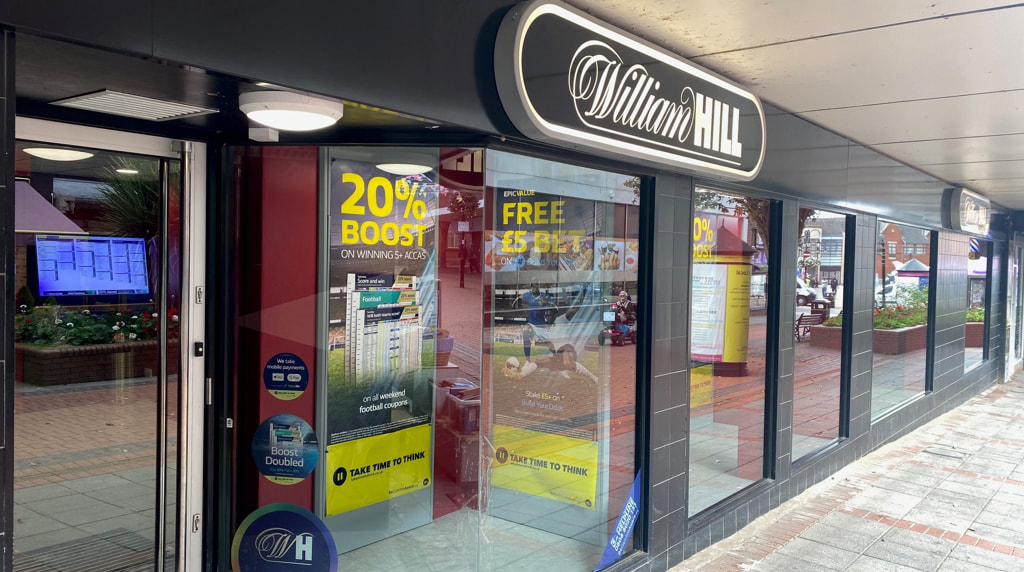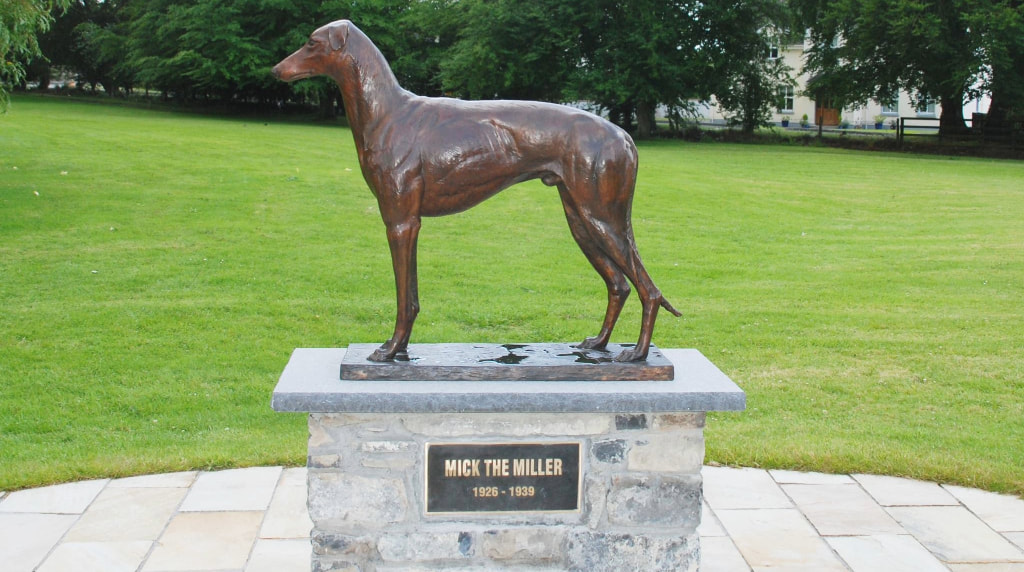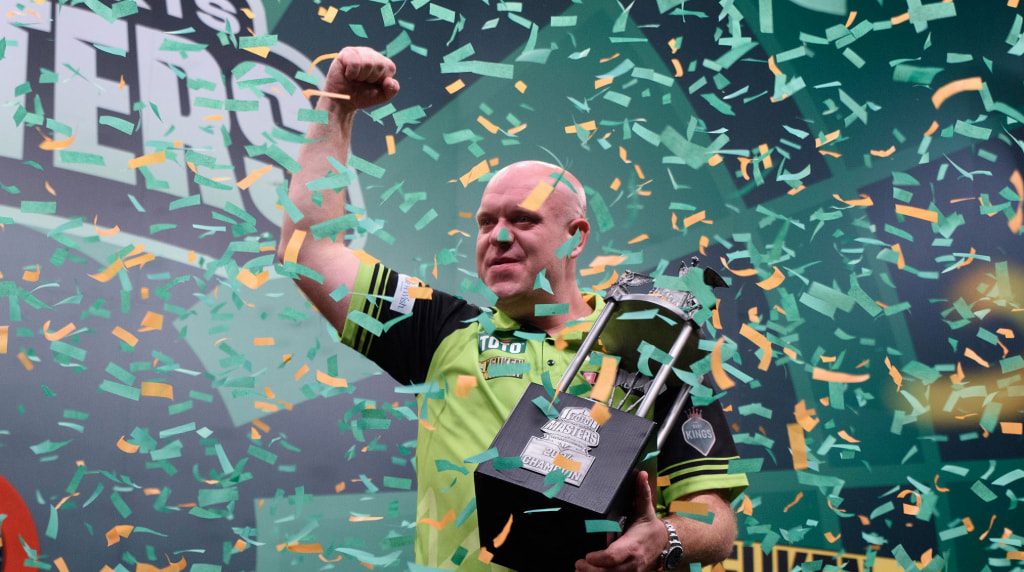The History of William Hill: Bookmaking Since the Early 1900s!
William Hill is one of the world’s oldest bookmakers. The company dates back to the early 1900s when Mr William Hill cut his betting teeth on pony and greyhound racing. Following his 1970 retirement, the burgeoning company changed hands multiple times. Its path to becoming a recognised and respected global brand is fascinating.

Over 1,400 William Hill betting shops are still featured on the UK’s streets.
How William Hill Played a Peaky Blinder
Fans of the smash TV show Peaky Blinders will love the back story of bookmaking giant William Hill. Its founder, Mr William Hill, was, like the Shelby family in the award-winning series, from Birmingham. He came from humble beginnings and was one of 11 children.
Born in 1903, Hill worked in the BSA factory, where, hypothetically, the Peaky Blinders stole a consignment of guns. By the age of 17, he had also spent time in Ireland as a member of the Royal Irish Constabulary.
True to form, by the 1920s, William Hill was taking bets as an illegal bookmaker. It was an unlikely background for a person who would go on to create one of the oldest, most respected and most recognised bookmaking brands globally.
William Hill Hit the Net in London
In 1929, when Northolt Park opened, William Hill moved to London. He would become a regular bookmaker at the pony racing track and the numerous thriving greyhound stadiums dotted around London at the time.
William Hill rails bookmakers pic.twitter.com/c2oRqiADh8
— Sports & Betting History by BestBettingSites (@CDCHistory) March 2, 2019
Such was his initial success, Hill quickly joined the ranks of bookmakers accepting telephone credit bets and postal bets. The William Hill company was established in 1934 and grew significantly, with Hill incorporating it as William Hill (Park Lane) Ltd in 1939.
By the early 1950s, William Hill boasted over 400,000 customers and had extended its operations to Scotland. Hill also pioneered fixed odds betting on football. In 1944, he established William Hill (Football) Ltd.
Thriving Shop Business Despite Hill’s Cancer Call
In 1954, Hill backed his business into Holder’s Investment Trust, a shell company that allowed him to secure a listing on the London Stock Exchange. It was the first time that a bookmaking company had been floated on the stock market.
Hill sold much of his interest in William Hill (for over £5 million) in the run-up to the legalisation of betting shops in 1961. He had a growing and successful interest in bloodstock and believed high street bookmaking would prove to be “a cancer on society”.
William Hill resisted entering the betting shop market for almost five years but, with rivals, Ladbrokes, thriving – and taking Hill’s mantle of the ‘world’s biggest bookmaker’ – 1966 saw the first William Hill betting shop open. By 1973, there were 1,475!
Betting shops first became legal on 1 May 1961.
A few days later News Extra dropped in on some brand-new bookies, and discovered what punters and people on the street thought #onthisday 60 years ago. pic.twitter.com/oSxCyozAZT
— BBC Archive (@BBCArchive) May 5, 2021
Hill retired in 1970 and died the following year at the age of 68. The company he founded was sold to Sears plc, a sizeable British-based conglomerate, in 1971. It was the first of many sales over the next few decades.
Quick Sales With Quick Profits and Loss
Another conglomerate, Grand Metropolitan, took over in 1988. It had previously tried to buy the Coral bookmaking business from Joe Coral. Merging William Hill with Mecca Bingo (which it had acquired in 1970) and sensing a quick profit, Grand Metropolitan sold William Hill just a year later for £685 million.
The new owner was Brent Walker. Despite operating a combined 1,800 betting shops and the largest credit betting operation in the world, this company encountered a turbulent decade. It was removed from the Stock Exchange and wound up in 1997. William Hill was the last asset to be sold.
Japanese investment bank Nomura was William Hill’s next and new owner, paying £700 million for the company. Turning a quick buck, it was sold on to private equity firms Cinven and CVC Partners for £825 million within two years.
Ready for the Dawn of Online Betting and Market Listing
The turn of the millennium saw significant changes in the betting landscape. This time, William Hill was not slow to react. In 2000, the company launched an off-shore telephone betting service and became the first major bookmaker to offer deduction-free betting to UK-based clients via the Internet. William Hill also launched its online casino.
Cinven and CVC listed William Hill on the London Stock Exchange in 2002, and it continued to grow. The 2005 purchase of 624 betting offices operated by Stanley Lesure, primarily in the Irish Republic, Jersey and the Isle of Man (for £504 million) briefly took the company past Ladbrokes into first position in the UK betting market.
Partnerships with Orbis (latterly OpenBet), Israeli software company Playtech and Spanish operator Codere, plus acquisitions – notably betting and gaming digital solutions company Grand Parade – followed. Desperate for a footprint in the US, in June 2012, William Hill also expanded into Nevada.
In Nevada, In and Out Down Under
The purchase of three chains of sportsbooks, Lucky’s, Leroy’s, and the satellite operations of Club Cal Neva for $53 million gave the company control of 55% of the State’s sportsbook locations. All three chains were to be rebranded under the William Hill name.
In 2013, the company purchased three Australian online betting brands: Sportingbet, Centrebet and Tom Waterhouse, and rebranded the trio as William Hill Australia. Five years later, they were sold for less than half their purchase price, and William Hill exited the country.
The 2018 Australian departure coincided with the US Supreme Court’s landmark decision in the case of Murphy v. National Collegiate Athletic Association, which effectively allowed US states to legalise sports betting.
The Green Light for Caesars Ent.
Anticipating the news, William Hill quickly moved to provide bookmaking services to Monmouth Park Racetrack and Ocean Resort Casino in New Jersey. In 2020, the bookmaker opened the first full-service betting operation housing professional sports teams in the US at Capitol One Arena in Washington D.C.
Monmouth Park in New Jersey built a sports bar for sports betting (other than horse racing). It was ready to go on May 10, 2014. If the Supreme Court rules the right way this morning, this place can finally take sports bets. They are getting ready this morning. pic.twitter.com/AymooKnY7m
— Darren Rovell (@darrenrovell) March 5, 2018
In the online space, 12 months earlier, William Hill had purchased Mr Green Casino for £242 million. This, along with the company’s foothold in the US, made it an attractive takeover target once more.
US private equity group Apollo were amongst the bidders, but the £2.9 billion offered by Caesars Entertainment was too much for shareholders to refuse. The American hotel and casino entertainment company based in Reno, Nevada, completed its purchase in April 2021 and delisted William Hill from the London Stock Exchange.
Only a Name Change for New Owner Evoke
Only interested in William Hill’s expertise and US operations, Caesars Entertainment raffled off the company’s European business. 888 Holdings bought this part of the company – comprising 1,400-plus UK betting shops, Mr Green online casino and other assets – for £1.95 billion in July 2022.
In the years that have passed, 888 Holdings, which already owned 888casino, 888poker, 888sport, and a host of online bingo sites, changed its name to Evoke plc. Its most recent business move has been the purchase of Romanian gambling operator Winner.ro for €10 million in August 2024.
Only a Name Change for New Owner Evoke
The ownership of William Hill and its history will matter little to thrill-seeking customers. However, its recognition as EGR Horse Racing Betting Operator of the Year in 2023 and 2024 will appeal to many savvy punters.
Between June and September 2024, the firm offered more top prices at meetings – including at Epsom’s Derby Festival and Royal Ascot – than any other major bookmaker.
Greyhound fans were disappointed when William Hill sold Sunderland and Newcastle Greyhound Stadiums (purchased in 2002) in 2017. However, they were grateful they were not closed down – a fate that has met many dog tracks since the 1980s.
Similarly, 8,000 people will appreciate William Hill’s employment in the UK. The number of UK betting shops operated by the company has remained around 1,400 since Evoke’s takeover. The latest accounts show Hill’s retail and UK online bookmaker businesses made just over £500 million apiece during its financial year.
During this period, in March 2023, the UK Gambling Commission ordered three William Hill Group companies to pay a record £19.2 million for social responsibility and anti-money laundering failures. According to the Commission, “the operator immediately recognised their failings and worked [with us] to swiftly implement improvements.”



